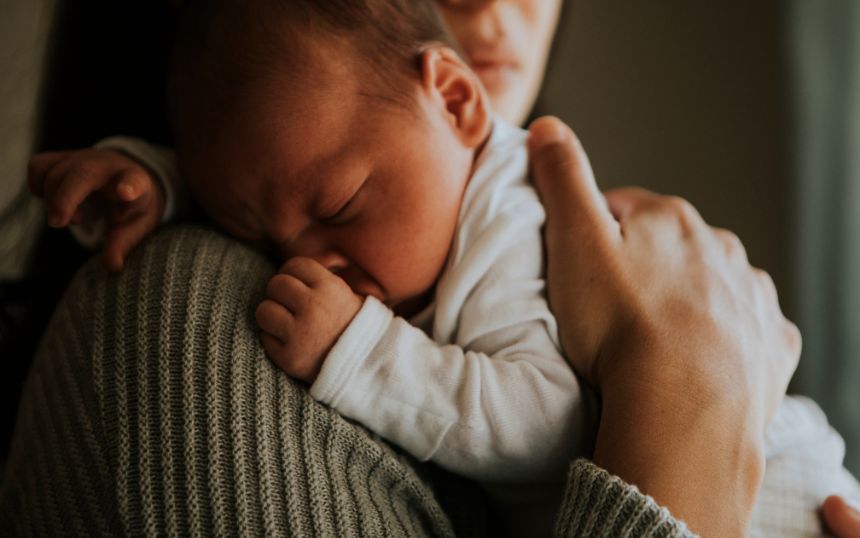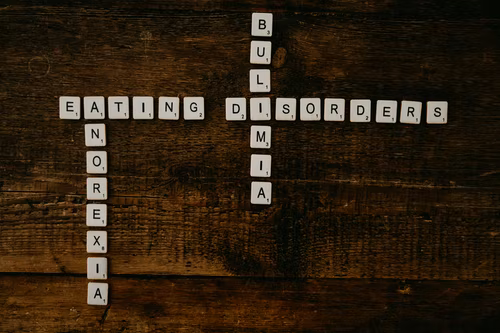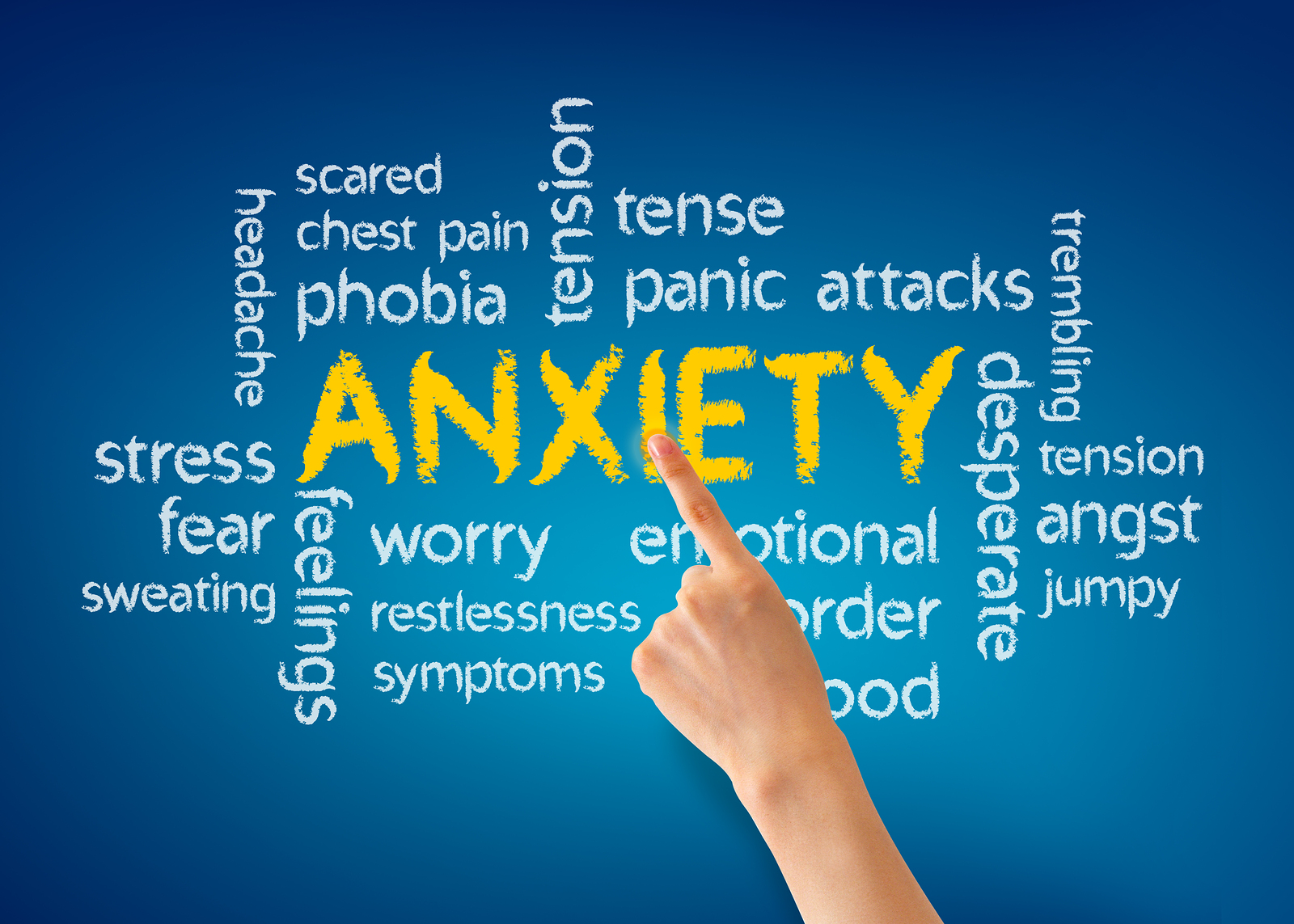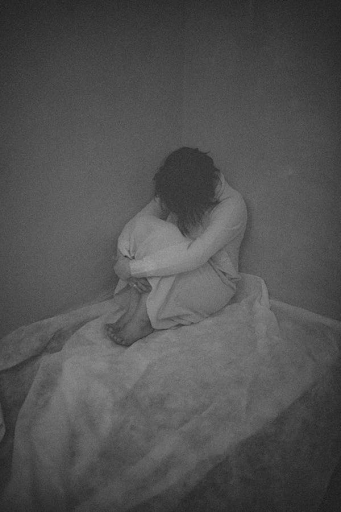How Acne Can Cause Depression?
Acne is experienced by many people and can be easily managed with a few lifestyle adjustments. But did you know that acne can cause depression? There are ten ways acne can cause depression despite the common perception that acne is an entirely external problem.
1. It leads to low self-esteem
Acne is one of the most common skin conditions that can affect people of all ages, but it can have a bigger impact on your life than you think. Acne has been linked to depression and low self-esteem, for example.
Research shows that acne can cause emotional distress and negatively affect how you feel about yourself, which can lead to depression. This is because acne often causes physical changes in your skin, such as redness and swelling. These physical changes may lead you to believe that there is something wrong with your body or that you don't look “normal.”
People who suffer from acne may also feel like they are being judged by others or that they don't fit in socially or professionally. This can lead to feelings of isolation, which can make it difficult to develop healthy relationships outside of family members or close friends who may not know how bad the problem really is.
2. It makes you feel ugly and unattractive
When you have acne, it can be difficult to deal with the physical appearance of your skin. You might feel embarrassed about going out in public or even going to work because you don't want people to see your acne. Having acne can also make you feel self-conscious about the way other people perceive you—even if no one else notices your acne or cares about how you look!
This can make you feel like other people are judging you based on how they perceive your appearance.
If this is happening to you, then it's important to know that there are plenty of things that you can do to help clear up your skin and improve its appearance. You just need someone who knows what they're doing when it comes to treating acne so they can help guide through this process as smoothly as possible!
3. It makes you avoid social situations
Acne can be a big problem for teens, but it's not just a cosmetic issue. It can also cause you to avoid social situations, which is bad for your mental health.
If you have acne, it can make you feel self-conscious and insecure. That's why some people with acne choose to avoid social situations that involve meeting new people or being in front of other people.
Acne can also cause your skin to look red, bumpy, and inflamed which is the opposite of what most people want when they're out on a date or hanging out with friends. As a result, some teens choose to stay home rather than go out with their friends because they don't want anyone else to see them like that!
This avoidance of social situations can lead to depression and anxiety, which are serious mental health issues that need treatment. That’s why, if you notice yourself avoiding social situations because of your acne (and if this has been going on for more than two weeks), talk to a friend or parent about getting help from a professional counselor or therapist who understands acne and how it affects people's lives.
4. Experience body dysmorphic disorder (BDD)
Acne is a disorder that causes pimples, blackheads and whiteheads on the skin. These can be painful and embarrassing, but they usually go away on their own with time.
But acne can also lead to another condition called body dysmorphic disorder (BDD). This is a mental illness that causes people to obsess over their appearance. They think about their looks constantly, and may even have suicidal thoughts because of it.
As a matter of fact, BDD is a type of obsessive-compulsive disorder (OCD). People with BDD have many symptoms of OCD, such as compulsive checking and cleaning rituals. But unlike people with OCD who fear contamination from germs or dirt, BDD sufferers worry only about their appearance. They often spend hours each day examining their faces in mirrors or asking others what they look like.
People with BDD are also likely to develop eating disorders such as anorexia nervosa or bulimia nervosa because they're so focused on what they perceive as flaws in their appearance that they don't want to eat or engage in other activities that might make these flaws more obvious.
5. It can cause emotional pain
Acne is a painful and embarrassing condition that can have devastating effects on a person's self-confidence. Acne can also cause emotional pain because it makes people feel like they are being judged by others. When they see their skin, they may feel that people are looking at them in a negative way or thinking that they have poor hygiene. They may also feel like other people are judging them based on their appearance. This can lead to depression or anxiety, as well as low self-esteem.
In addition to feeling judged by others, acne causes emotional pain because it makes people feel uncomfortable with who they are and how they look. Acne sufferers may feel like they should look different than they do now and will often try different products or procedures to get rid of their acne so that they will feel better about themselves. These feelings of self-doubt can also lead to depression and anxiety as well as low self-esteem.
6. Decreased quality of life
Acne can affect your quality of life in a number of ways. First, acne can cause physical discomfort. The skin is often the first place to show signs of stress, and acne is a common reaction to stress. Stress can be caused by physical factors, such as hormones or illness, but it can also be caused by emotional factors like anxiety or depression.
Second, acne can affect how you feel about yourself. If you have acne, you may feel self-conscious and shy away from social interactions. As a matter of fact, you may be more likely to avoid dating and other romantic relationships because you're afraid people will judge your appearance. You might also feel that others are judging your appearance when they look at you in person or online. This can cause feelings of isolation and loneliness—both of which are known risk factors for depression and suicide attempts among teens with acne.
Third, if your acne causes emotional distress or social isolation, then it might interfere with your ability to do well in school or at work (Acne vulgaris). This could lead to lower grades and less job satisfaction over time.
7. It can cause anxiety
If you've ever had acne, then you know how stressful it can be. The whole experience can be overwhelming and leave you feeling like there's not much hope for the future. But what many people don't realize is that acne can actually cause anxiety—not just make it worse.
There are a few reasons why acne causes anxiety. The first is because of how it affects your appearance. When you have acne, your confidence takes a hit and so does your self-esteem which can bring on feelings of depression and other psychological problems that may lead to anxiety.
Another reason acne may cause anxiety is because of the way people often treat you when they see your skin condition. When someone has a skin condition like acne, they often become the target of bullying or discrimination from their peers at school or work because of their appearance (even though this shouldn't happen). This can lead to social isolation and feelings of loneliness which could lead to higher levels of stress or even depression depending on how severe these things get over time (which could then lead back into an even greater cycle).
Acne, more than just clogging pores, is a serious medical condition that can lead to depression. That’s why, if you have acne, don't just treat the skin, but also the condition that accompanies it.
For more helpful and informative insights, visit here.





